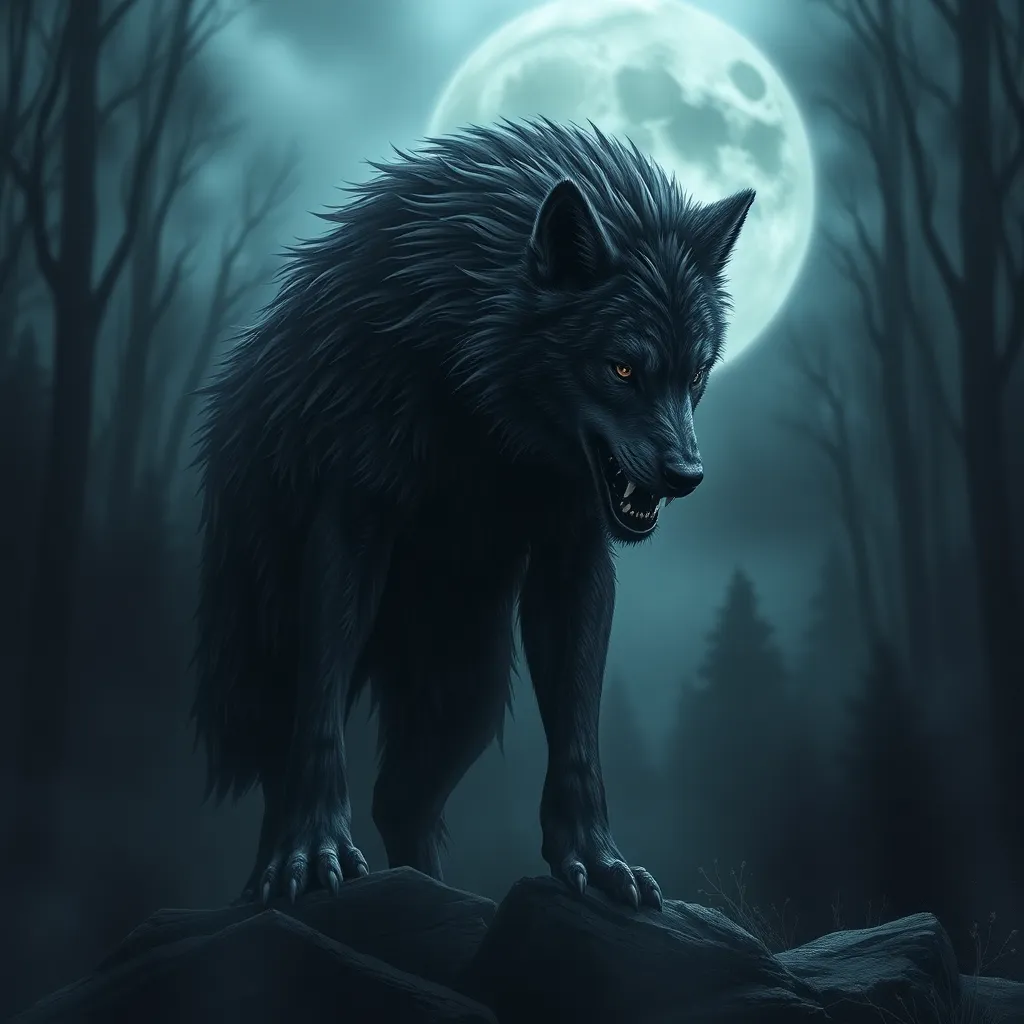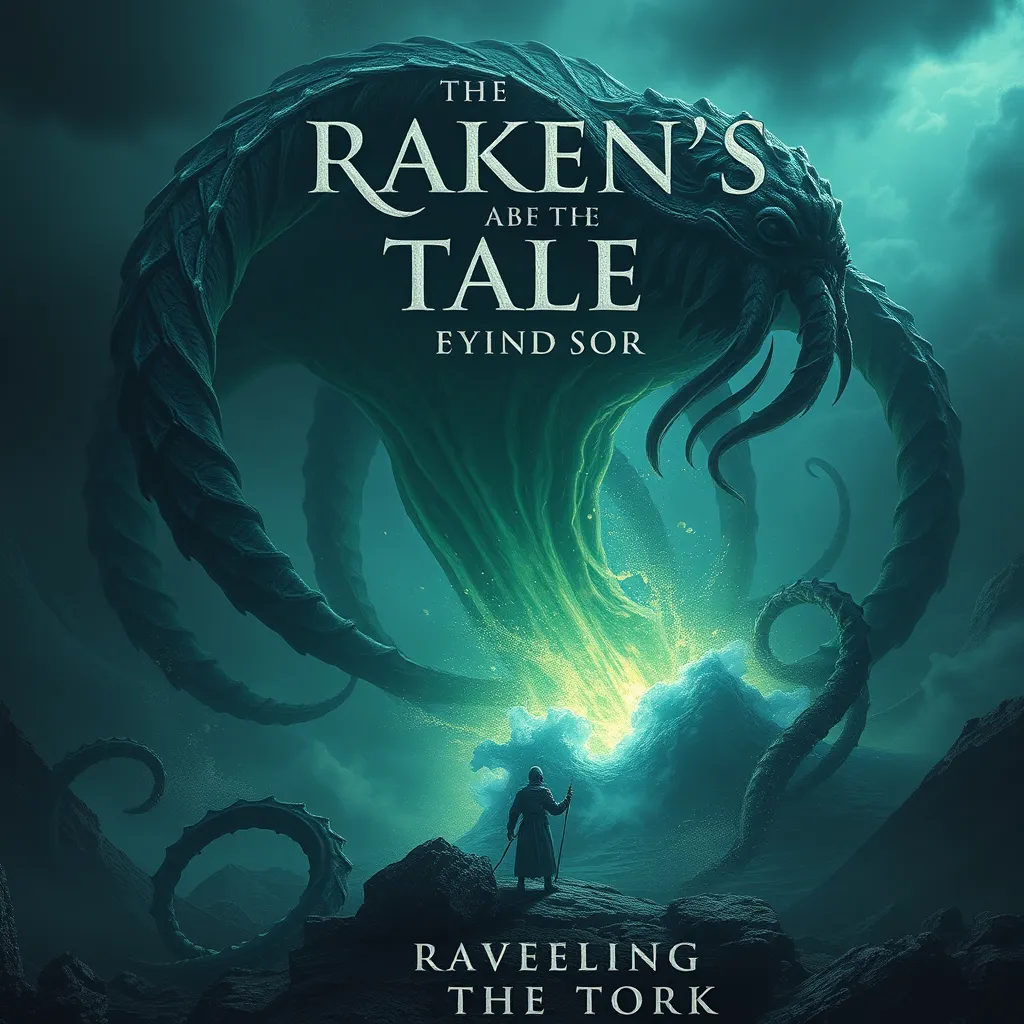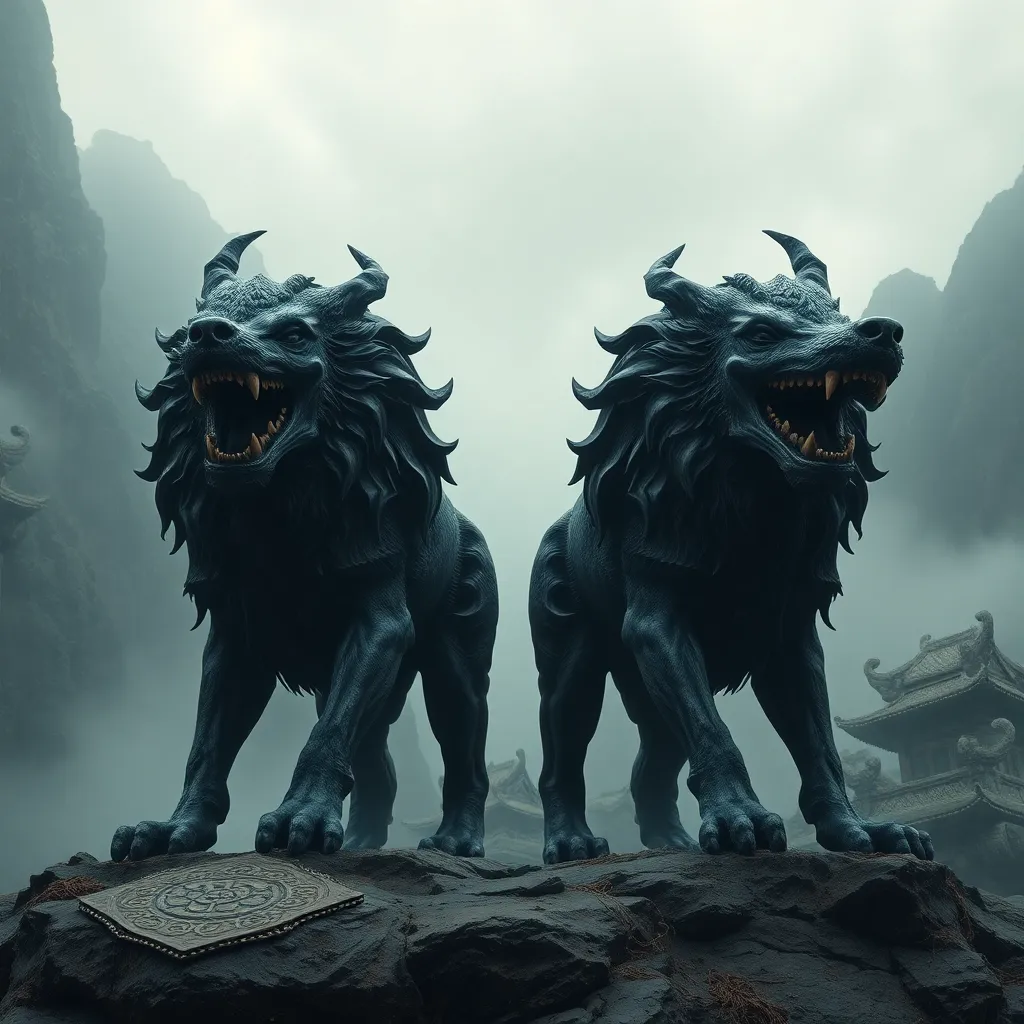The Werewolf’s Burden: Exploring the Themes of Isolation, Loneliness, and the Struggle for Identity in Werewolf Myths
I. Introduction
Werewolf myths have captured the human imagination for centuries, weaving through various cultures and societies with rich narratives that explore the darker aspects of human nature. From ancient folklore to modern cinema, the werewolf stands as a complex symbol embodying the struggle between civilization and savagery. This article delves into the interconnected themes of isolation, loneliness, and the search for identity that permeate these myths, highlighting their significance in understanding the human condition.
II. Historical Context of Werewolf Legends
The origins of werewolf myths can be traced back to ancient civilizations, with notable examples found in Greek, Roman, and Norse mythology. In these narratives, the transformation from human to wolf often served as a cautionary tale about the consequences of unchecked desires and primal instincts.
- Greek Mythology: The story of Lycaon, who was turned into a wolf by Zeus as punishment for his impiety, illustrates the intersection of divine retribution and the loss of humanity.
- Norse Legends: The saga of the berserkers, warriors who donned wolf skins to channel the ferocity of wolves, reflects the cultural valorization of the beastly aspects of human nature.
- European Folklore: In medieval Europe, tales of werewolves emerged often as allegories for witch trials and societal fears of the unknown.
Over time, the werewolf archetype has evolved, reflecting societal fears about the primal side of humanity and the consequences of isolation and alienation. Folklore has played a significant role in shaping these beliefs, often mirroring the anxieties of the society that created them.
III. The Symbolism of Transformation
The physical transformation of a human into a werewolf serves as a powerful metaphor for internal struggle. This metamorphosis is not merely a change of form; it represents the duality of existence—humanity versus bestiality.
- Internal Struggle: The transformation can signify the chaos within, a struggle between civilized behavior and primal urges.
- Identity Conflict: The duality of human and beast reflects an ongoing identity conflict, where the character grapples with their nature and societal expectations.
- Psychoanalytical Implications: The transformation can be interpreted through a psychological lens, representing repressed desires and fears manifesting in physical form.
IV. Isolation in Werewolf Narratives
The werewolf often embodies the experience of the outsider, marked by societal rejection and alienation. This isolation is both physical and emotional, highlighting the consequences of being different in a world that values conformity.
- Societal Rejection: Werewolves are frequently shunned by their communities, symbolizing those who do not fit societal norms.
- Consequences of Isolation: This alienation leads to profound psychological impacts, often resulting in a tragic narrative arc for the werewolf character.
- Mythological Comparisons: Similar to figures like Frankenstein’s monster or the Hunchback of Notre Dame, werewolves experience deep isolation due to their differences.
V. Loneliness and Its Impact on the Werewolf
Loneliness is a recurring theme in werewolf stories, amplifying the emotional depth of the narrative. The werewolf’s journey often revolves around the search for companionship and understanding amid their monstrous existence.
- Emotional Ramifications: The loneliness experienced by werewolves can lead to despair and a longing for connection, driving the character’s motivations.
- Quest for Companionship: Many werewolf narratives explore the desire for acceptance, portraying the werewolf’s struggle to find someone who understands their plight.
- Narrative Driver: Loneliness often propels the plot forward, creating tension and emotional stakes that resonate with the audience.
VI. The Struggle for Identity
At the heart of the werewolf mythos lies the struggle for identity. Characters often face an identity crisis as they reconcile their human nature with their beastly instincts.
- Search for Self: The transformation forces characters to confront questions of who they are and what they desire, leading to profound self-discovery.
- Identity Crises: Many werewolves grapple with conflicting identities, torn between their human side that seeks love and connection and their animal side that craves freedom and power.
- Human Nature vs. Monstrous Instincts: This interplay highlights the complexities of identity in a world that often demands conformity to societal norms.
VII. Modern Interpretations of Werewolf Themes
Contemporary media has reinterpreted werewolf themes, often reflecting modern societal issues such as mental health, identity politics, and the nature of humanity.
- Media Representations: Films and television series have revamped the werewolf narrative, portraying characters with depth and complexity.
- Addressing Modern Themes: Modern narratives frequently tackle issues of isolation, identity, and acceptance, resonating with a contemporary audience.
- Relevance Today: Werewolf myths remain relevant, serving as a lens through which we can explore our own fears and struggles with identity and acceptance.
VIII. Conclusion
In conclusion, the themes of isolation, loneliness, and the struggle for identity in werewolf myths offer a profound exploration of the human experience. These stories reflect our fears, desires, and the complexities of our nature. The enduring nature of werewolf legends speaks to their significance in literature and culture, allowing us to confront our own inner beasts and the burdens they carry. By understanding these themes, we gain insight into our societal values and the timeless quest for identity that transcends generations.



